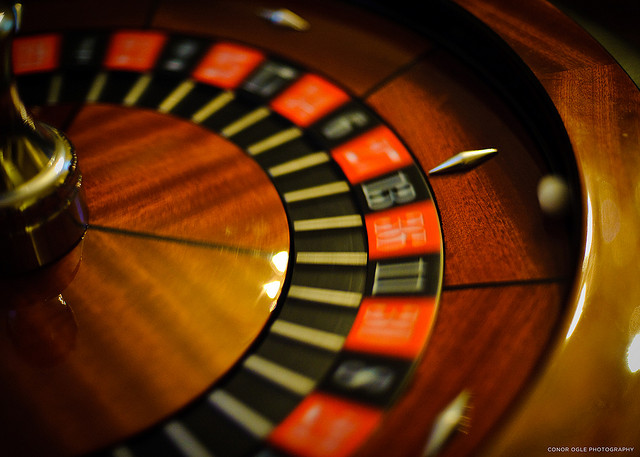Most avid casino goers are well aware of the gambler’s fallacy. Anytime someone mumbles in frustration that “(something) is due”, they’ve succumbed. I always laugh when I see the digital hand trackers above the roulette and baccarat tables. Casinos are smart. They know full well that past play doesn’t matter. They also know that some think it does. So, they might as well post the stats for all to see, gaining money from the foolhardy.
But there’s another fallacy of which we all need to be aware: the sunk cost fallacy. No doubt we’ve all been a victim of this, whether it was in or out of the casino. A sunk cost is a cost you can’t recover. No matter what you do in the future, you can’t get that particular resource back. Many people feel that once they make a purchase, they need to see it through. Maybe you bought a nonrefundable ticket to a concert, but aren’t really interested in the band anymore. You go, realizing you already paid the money, even though you may not enjoy the show. Or perhaps you tried to do some DIY and build a deck yourself. You put in money, sweat, tears (maybe only in my case), and certainly blood if you’re new with tools. You realize that the deck isn’t going to be as good as you imagined. But I, I mean, um..you continue on building anyway. You’ve already spent so much time and money on it already, you might as well. In reality, it’s probably best if you don’t go to the concert. If you don’t like the band, you’ll get no utility out of seeing them, plus you’ll have to spend additional resources, namely time and money attending the show. You should also stop building the deck and hire a contractor right away. True, you have a lot invested in it already, but to continue going forward may still not be the best decision. It won’t be structurally sound and will most likely need lots of additional upkeep and repairs, which may not be the case if done by a professional.
Investment is the key word here. We get attached to the investment of our resources. Economists argue that sunk costs should not be taken into consideration when making decisions about the future. When it comes to gambling, I tend to agree. Oh, you’ve already spent $500 on that video poker machine, so you need to stick it out until you hit a royal flush? What’s that? You’ve already gone through $100 on that penny slot without hitting a bonus, so one is just around the corner? In both situations, it’s fairly clear we should just walk away, especially if the entertainment value has diminished. You can tell from those two examples that the gambler’s fallacy and sunk cost fallacy are closely related. Trying to regain sunk costs is similar, if not, identical to the problematic gambler phrase, “chasing your losses”. No matter what you call it, just remember that, when it comes to gambling, nothing is due and prior investment shouldn’t be a motivation for future spending.
photo credit: Conor Ogle











[…] this episode I discuss a few random things, including the sunk cost fallacy and how I have a good time ignoring basic strategy while playing the myVegas blackjack app. I also […]
[…] don’t want to lose more money than is necessary to have that good time. Understanding the common fallacies and gambling mentalities is necessary to become a better gambler. As always though, just go out […]
[…] situation is another test of our ability to ignore sunk costs. We’re not going to get that money back, no matter what we do. It’s spent. Even if we […]
[…] repeat this advice a lot, but it speaks to the idea of sunk costs. Purchase more rewards than you’re allowed to use for a variety of activities. Obviously, the […]